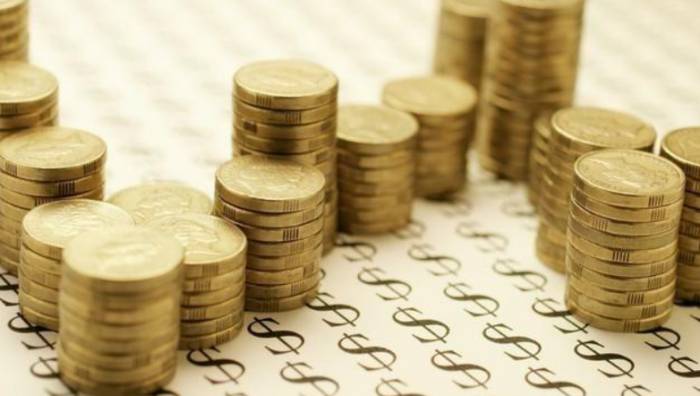Last Friday, the offshore exchange rate of the Chinese yuan against the US dollar fell by nearly 300 pips. By Monday morning, the exchange rate once again weakened, hitting a low of 6.8449.
Unlike in the previous months, after experiencing a significant appreciation for three consecutive months, the yuan's exchange rate has started to adjust to some extent since entering February 2023.
At the beginning of February, the exchange rate was close to breaking through 6.70, but the cumulative decline over the following ten days has exceeded 1,200 pips, and it is now fluctuating around 6.82.
Moreover, in the past two weeks, there have been multiple trading days with net sales of northbound capital.
This inevitably raises concerns that after a period of rebound, will foreign capital take the opportunity of the rise to flee the Chinese market?
01. Reverse Currency War
It is not an exaggeration to describe this round of the US dollar's monetary tightening policy as a reverse currency war.
After the 2008 subprime crisis, the United States issued a large amount of currency, causing a significant devaluation of the exchange rate, and funds continuously overflowed from the US to the global market, leading to financial disasters in countries like Latin America and Asia. At that time, Brazilian economists described this as a currency war of the US dollar, which was later gradually accepted by more market analysts.
But now the United States is operating in the opposite direction, leading to a reverse currency war. By continuously raising interest rates and shrinking its balance sheet, the US is working hard to reabsorb dollars, and for other markets, this means facing a continuous outflow of funds.
The decline of the yuan this month is closely related to market predictions that the Federal Reserve will further raise interest rates.The Federal Reserve's rate hike has been reduced, and as optimism grows, the United States suddenly released employment data that far exceeded expectations, increasing the likelihood of another substantial interest rate hike by the Fed.

In reality, by looking beyond the surface, we can see that American financial capitalists control the flow of capital through this cycle of tightening and easing.
02. In the midst of dollar devaluation
Especially in early February, after the United States only raised interest rates by 25 basis points, both the European Central Bank and the Bank of England announced rate hikes of 50 basis points, greater than the Fed's, which could lead to further strengthening of the pound and the euro, potentially attracting capital.
Thus, the Fed reiterates the old tune of tight employment and overheating economy, hoping to continue to push up the US dollar index under these circumstances.
However, when we review the trend of the US dollar index, we find that after reaching a peak of 114, it has experienced a continuous decline. Although there has been a slight rebound since February, as more inflation data from the United States is released, the market will place bigger bets, betting that the Fed will have to eventually halt the rate hike process, and it might even shift to a rate cut in the third quarter of this year.
It is clear that the United States has not yet begun to successfully harvest, and the dollar has entered an uncontrollable devaluation range. No wonder even American netizens believe that the dollar has lost in this round of currency wars.
03. Who is the winner?
Let's first take a look at the issue of the flow of northbound capital. Although there have been many trading days with net sales since February, there have also been several trading days with significant net purchases. Moreover, with only a dozen or so trading days from February until now, the time is too short. We should judge over a longer period.In January of this year, the net purchase amount reached as high as 140 billion.
Throughout last year, the Chinese yuan was generally on a downward trend, yet the net purchase amount of funds from the north still exceeded 90 billion.
Clearly, there is no issue of foreign capital fleeing China as sensationalized by some media.
On the contrary, in addition to financial capital continuously entering China, overseas industrial capital is also looking for more opportunities to enter the Chinese market.
During this period, executives from Volkswagen visited China, followed by preparations for the management of Mercedes-Benz to visit, and the CEO of Apple and Pfizer is scheduled to come next month.
It is evident that after the adjustment of our epidemic policies, the economy is rebounding strongly, which is the main reason attracting more and more foreign capital.
So, after this currency war, who will be the ultimate winner is self-evident.
post your comment